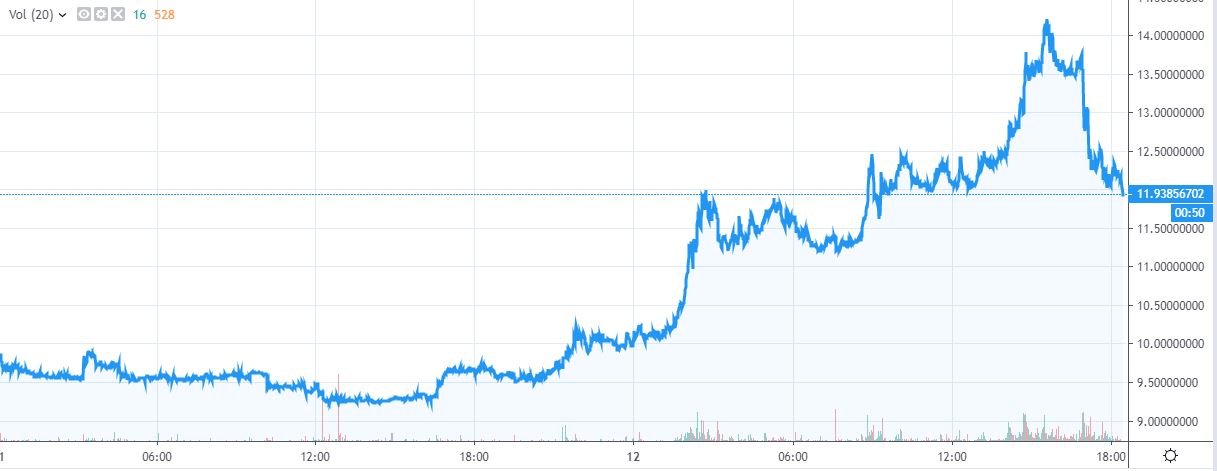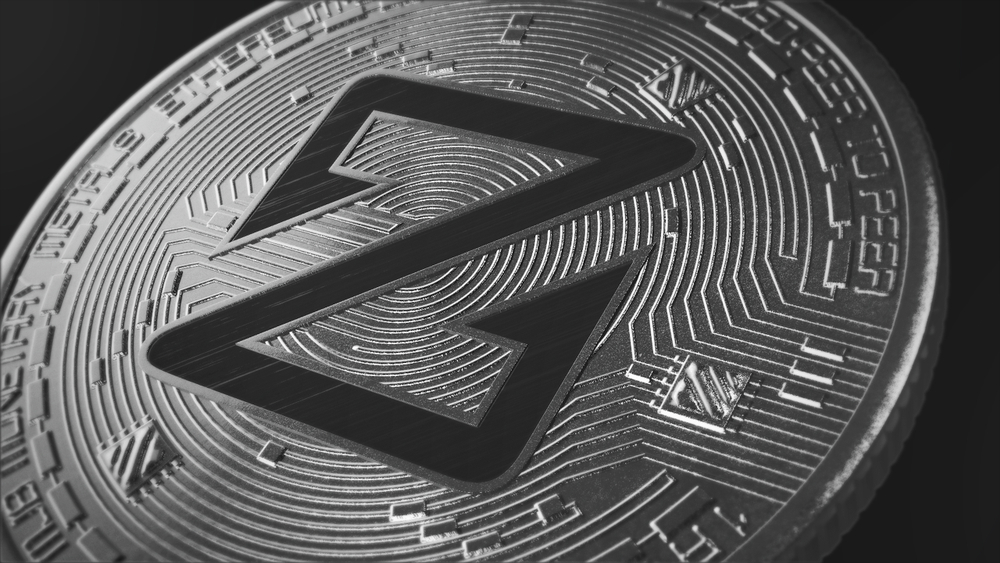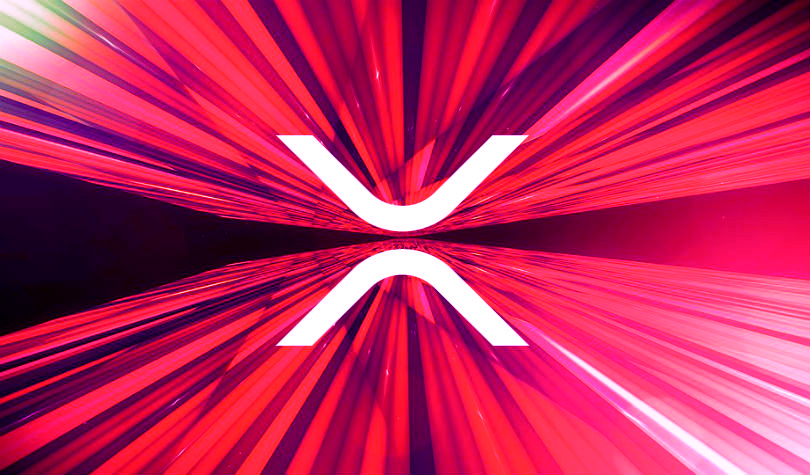1
Incentivised Posting / Shill / Phantom Protocol to Launch Public Token Offering on 7 Major Platforms
« on: September 03, 2021, 05:35:38 PM »
The Phantom team is proud to announce that, starting on September 6th, the Phantom Protocol will kick-off public token offering.
The campaign will take place in a total of 7 major public platforms, which include 5 Initial Decentralized Offerings (IDO) and 2 Initial Exchange Offerings (IEO). Details of the offerings are as follows:
IDO Platforms:
Pentalaunch (BSC based)
Bounce (Ethereum based)
WeStarter (BSC based)
DODO (Ethereum based)
IEO Platforms:
Gate.io
MEXC
Flybit
Details on each offer will be shared shortly and synchronized on this post as well; please check back to this report to stay updated on the latest news. Also, you can follow Phantom’s official Twitter and Telegram groups for the most up-to-date information.
About Phantom Protocol
Phantom Protocol is a next-generation “DeFi+NFT” solution that supports NFT issuance and fractional trading. Phantom is incubated by Conflux and invested by LD Capital, NGC Ventures, Kyros Ventures, Gate Labs, DFG, MXC among others.
Learn more about Phantom Protocol:
Website: http://phm.finance/
Twitter: https://twitter.com/PhantomDefi
Telegram Group: https://t.me/PhantomProtocol
The campaign will take place in a total of 7 major public platforms, which include 5 Initial Decentralized Offerings (IDO) and 2 Initial Exchange Offerings (IEO). Details of the offerings are as follows:
IDO Platforms:
Pentalaunch (BSC based)
Bounce (Ethereum based)
WeStarter (BSC based)
DODO (Ethereum based)
IEO Platforms:
Gate.io
MEXC
Flybit
Details on each offer will be shared shortly and synchronized on this post as well; please check back to this report to stay updated on the latest news. Also, you can follow Phantom’s official Twitter and Telegram groups for the most up-to-date information.
About Phantom Protocol
Phantom Protocol is a next-generation “DeFi+NFT” solution that supports NFT issuance and fractional trading. Phantom is incubated by Conflux and invested by LD Capital, NGC Ventures, Kyros Ventures, Gate Labs, DFG, MXC among others.
Learn more about Phantom Protocol:
Website: http://phm.finance/
Twitter: https://twitter.com/PhantomDefi
Telegram Group: https://t.me/PhantomProtocol



 Latest news:
Latest news: 





 Shop
Shop
 Bidding Open
Bidding Open

















